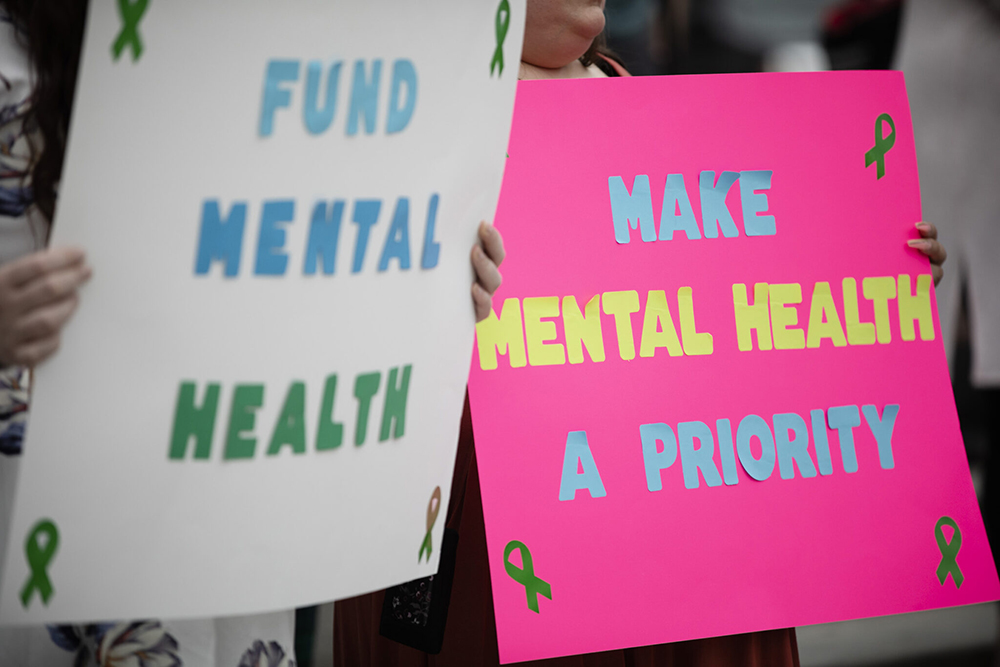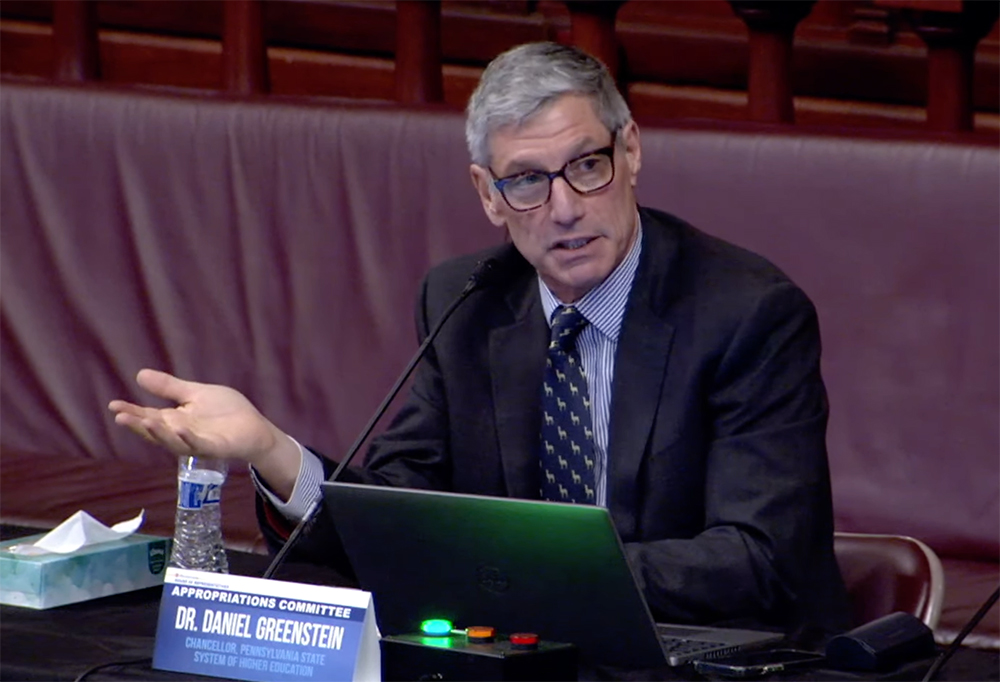There’s a Social Worker Shortage. Pa.’s State System Schools Have a Plan
The state needs 12% more social service providers by 2030, data show

Get stories like this delivered straight to your inbox. Sign up for The 74 Newsletter
Mirroring national trends, Pennsylvania is facing a social worker shortage that, if left unaddressed, could keep people from getting the support and care that they need.
To help close that gap, officials at the Pennsylvania State System of Higher Education say they want to offer $10 million in direct financial aid to social services students — including aspiring social workers.
That money would provide an average savings of about $1,500 a year for each student, the agency said in an April 10 statement. Pell-eligible (high-need) students could receive about $5,000, for an average total of $6,500 per year, according to the state system.
“Social services workers relieve suffering and improve the lives of children, seniors and many other Pennsylvanians,” PASSHE said in its statement. “There’s already a shortage of these workers, and communities will need even more of them to support the state’s aging population and address the impacts of the opioid epidemic and COVID-19 pandemic, the rise in social isolation, and the increase in mental health challenges for students.”
The agency, which has oversight of 10 state-owned universities, has asked the General Assembly to approve a $573.5 million funding request for the fiscal year that starts July 1.
That’s a 3.8% inflationary request, more than 2% increase included in Democratic Gov. Josh Shapiro’s budget proposal, the Capital-Star previously reported.
State System officials also are asking lawmakers to authorize an additional $112 million for student aid that would be used to lower the cost of attending a state-owned university, and bolster the system’s ability to produce graduates in high-demand career fields such as nursing, teaching and computer science, the Capital-Star’s Peter Hall reported.

While it’s still possible to find social workers in hospitals and public clinics nationwide, one analysis suggests that there is a “serious” gap between supply and demand — one that is expected to only worsen in the coming years.
“Our human resources are at the level of a crisis now,” Ron Manderscheid, the executive director of the National Association of County Behavioral Health and Developmental Disability Directors, told SocialWork Today, an industry trade publication. “About 85% of counties have inadequate or no behavioral health services, and 63% of counties have no psychiatrist.”
A number of factors, including the nation’s aging population, homelessness and incarceration, and the ongoing strain of the opioid epidemic, are helping to drive that demand, according to Social Work Resource, an industry website.
Across the border in Maryland, officials in Anne Arundel County also are contending with a social worker shortage, according to WBAL-TV.
As of mid-March, the county had at least 23 open positions, from entry-level to supervisor roles, the station reported, and was moving as swiftly as it could to try to fill them.
“What we believe is going on is that there is a shortage of people applying at the colleges for the degree programs,” Nicole Fogg, a county social work supervisor, told the station. “We are going to colleges and universities, forming partnerships with them and attending the job fairs. So, we are right there on location trying to entice students to join the profession.”

During an appearance before the House Appropriations Committee last month, state System Chancellor Daniel Greenstein told lawmakers that Pennsylvania’s state-owned universities offer the most cost-effective option for Pennsylvania residents to earn a degree. Over the course of a career, PASSHE graduates see a nearly $1 million increase in earnings, Greenstein said.
“We are an engine of social mobility,” Greenstein said. “We’re not only fueling the workforce, we’re creating ladders of opportunity that people are climbing up and doing really well on and it makes me proud and actually a little bit emotional to be able to say that.”
In its April 10 statement, the state System asserted that its plan for social services workers would allow more people to begin their education in a high-demand field.
“Affordability is especially important for rural and urban students. Increasing financial aid also lowers student debt, another incentive to enter a career field that traditionally has a lower starting wage,” the agency said in its statement.
Pennsylvania Capital-Star is part of States Newsroom, a network of news bureaus supported by grants and a coalition of donors as a 501c(3) public charity. Pennsylvania Capital-Star maintains editorial independence. Contact Editor John Micek for questions: [email protected]. Follow Pennsylvania Capital-Star on Facebook and Twitter.
Get stories like these delivered straight to your inbox. Sign up for The 74 Newsletter

;)